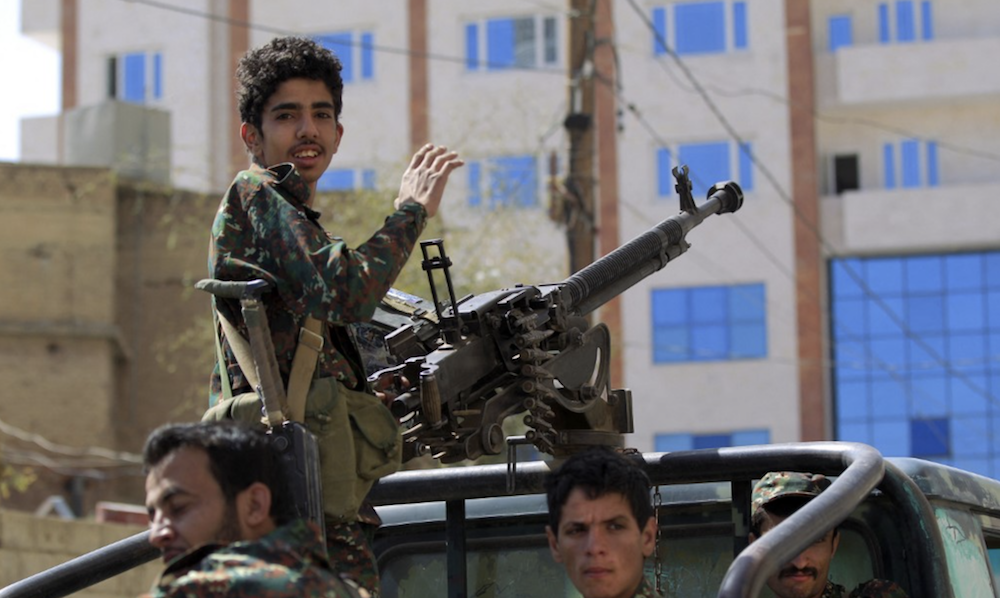Pace of electoral list announcements accelerates in Lebanon as deadline approaches
BEIRUT: Parties standing in the May 15 parliamentary elections in Lebanon are hurrying to draw up their candidate lists ahead of the Monday deadline for registration.
Campaigning for the elections is gathering pace as candidates visit their constituents across the country and their rhetoric becomes increasingly inflammatory.
Most of the parties in power have announced their lists and alliances, but the opposition and independent forces are still forming lists and alliances.
A voter in the Baalbek-Hermel constituency told Arab News that “Hezbollah mobilized all its electoral machinery and began touring the voters, wooing them in Beirut and its southern suburbs, in the Bekaa and the south.”
The voter added that party delegates “enquire about the number of voters in each house and whether they need transportation to reach the polling booth, and ask them to fill out a specific form to communicate with them.”
The voter, who declined to be named, also indicated that Hezbollah’s delegates were being challenged during campaigns. They said people were raising queries about how the party had benefited them during the last period of being in power, and that their situation had become worse.
“The same applies to other parties whose electoral machines face losing the voter enthusiasm.”
The elections may lead to a change in the balance of power in the new parliament, which will elect the new president to succeed Michel Aoun, whose term ends in October.
Hezbollah had tried to raise the bar of its electoral battle to a higher level to obtain a parliamentary majority.
On Saturday, during a tour of southern villages, the head of Hezbollah’s parliamentary bloc, MP Mohammed Raad, accused “the accomplices who are working to sow discord and stir divisions in the ranks of our resistance environment.”
MP Wael Abu Faour, of the Democratic Gathering bloc, said that “there is an excessive targeting of the Progressive Socialist Party, and the war against it is almost global.”
Addressing his voters in the southern Bekaa region, Abu Faour said: “There is a clear project to create a parliamentary bloc in parliament that supports the forces of the ‘March 8 alliance’ (Hezbollah and its allies) among (PSP leader) Walid Jumblatt’s supporters, and this attempt will fail.”
A delegation from the EU made up of technical experts and election observers has been looking at preparations for the elections, as agreed with the Lebanese Election Supervision Commission.
Headed by Deputy Chief Observer Jaroslaw Domansky, the delegation held talks with the commission, led by Judge Nadim Abdel-Malik to discuss how they would carry out their work supervising the elections.

Grand mufti accuses ‘corrupt clique’ in power of demolishing LebanonCash-strapped Lebanon struggles to turn lights on for polling day



